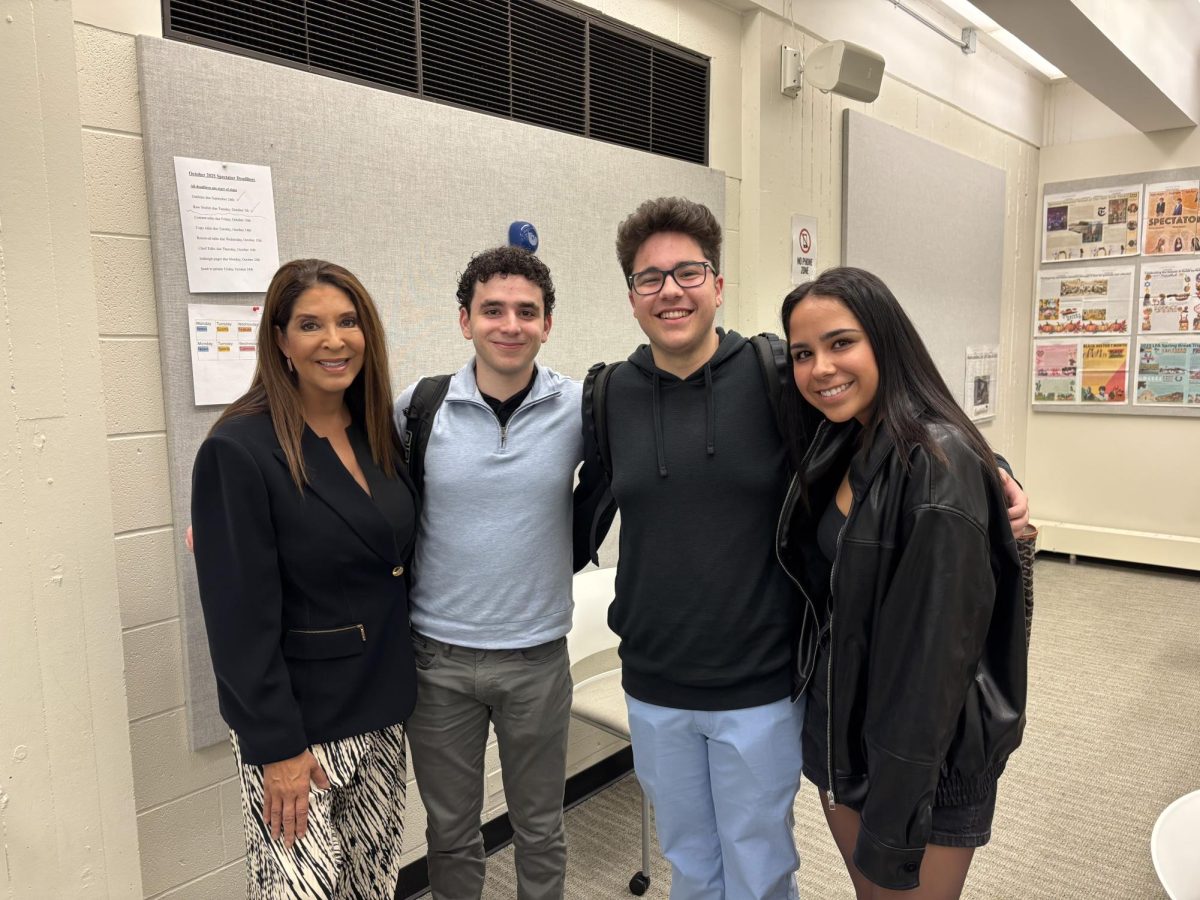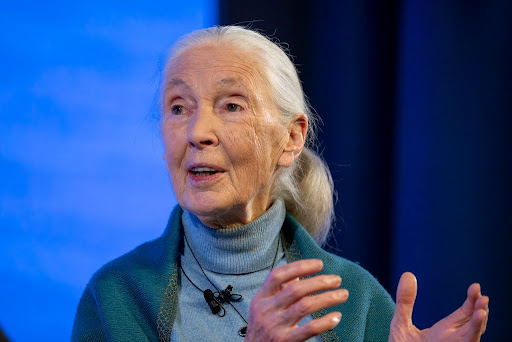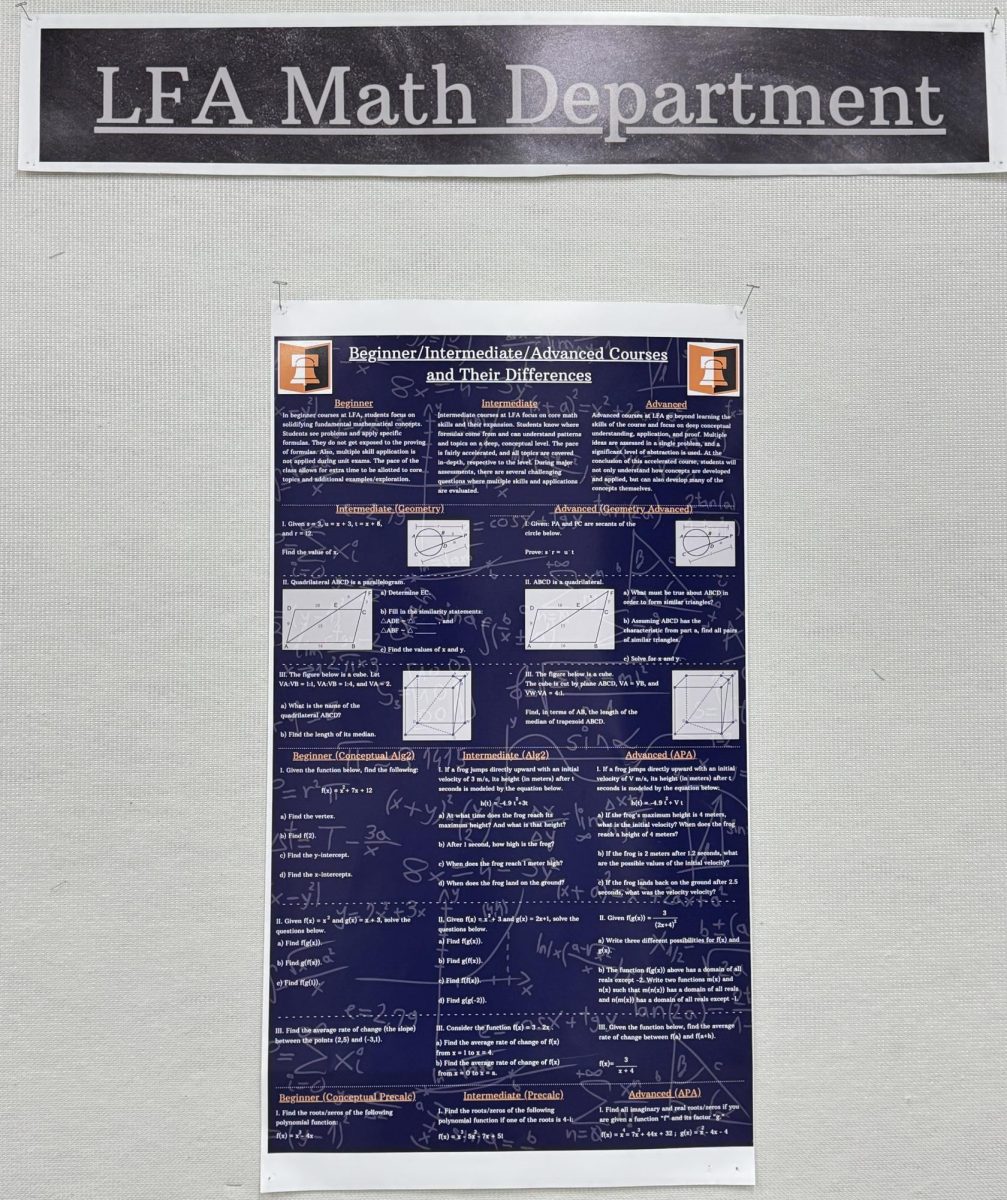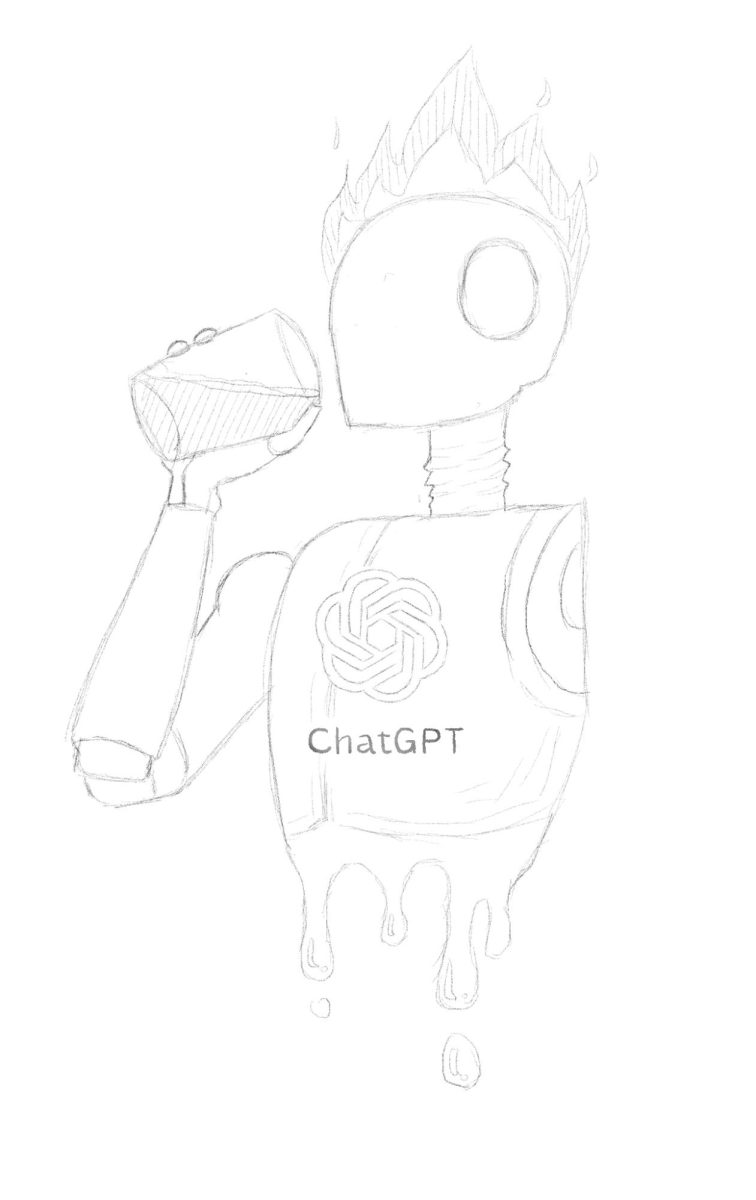The Most Complicated Relationship: Education and Happiness
April 26, 2022
Happiness is driven more by how someone perceives their reality rather than that person’s station in life or their relative place in society. The descendant of an American billionaire enjoys a comparatively easy life to that of an impoverished American; yet, the same struggling American may have a life that seems comparatively easy to an innocent man handed a life sentence. But does this mean the poor American must feel happier than the incarcerated one? Of course not. The phrase, “Don’t take life for granted,” then becomes an unrealistic cliché that logically implies that those who are more fortunate than someone else should always be happy. The billionaire’s son might not have to work a day in his life, which many would consider a holy grail; however, although counter-intuitive, this same son might feel like he lacks purpose and will thus find himself unhappy. These same misperceptions lead many to believe that an adult’s relative station in life solely determines their happiness, leading many to believe that a student’s happiness solely derives from their grades and other academic accolades. This means that being successful does mean being happy. What first step are children taught to being successful? Good grades. The school system indoctrinated children that way. And now children have to reap the consequences of having an altered perception of how to make themselves happy.
Good grades alone, albeit admirable, do not lead to happiness. Instead, to find happiness in school, a student has to first question why they are doing so much work to earn those high grades. While some students might say, “because I love understanding new things and completing assignments feels good,” this may be only a small factor for others. Other students are motivated solely by how their schooling can better position them for college and future jobs.
That way of thinking can cascade into a slippery slope as students transform into what I deem as “grade chasers.” This means that students will pursue a high grade only to try and help them get into a good college, which could lead to a high-paying job and, in turn, a higher standard of living. Yet, as these students get into amazing colleges and have amazing careers, many find that the love for their job is absent. The reason? The student was driven by a mistaken association of achievement with happiness rather than passion for a particular endeavor. If you do not like your job, no matter the size of the paycheck, doing the same job for eight hours a day is not sustainable.. Now don’t completely abandon everything you do not find interesting, nor the pursuit for high grades, as doing so may close critical doors for you. Instead, focus on what you love studying and what you love doing. Do not let others’ perceptions of your choices get in that way. Life is only so long. As a student who once chased grades for a short time, I can say it was not worth it. I did not have anything to look forward to besides my next A. And if I did not get that A, it was even more crushing. Find a hobby. Spend time with your family. Make new friends. Take control of your happiness by chasing your passions.




































